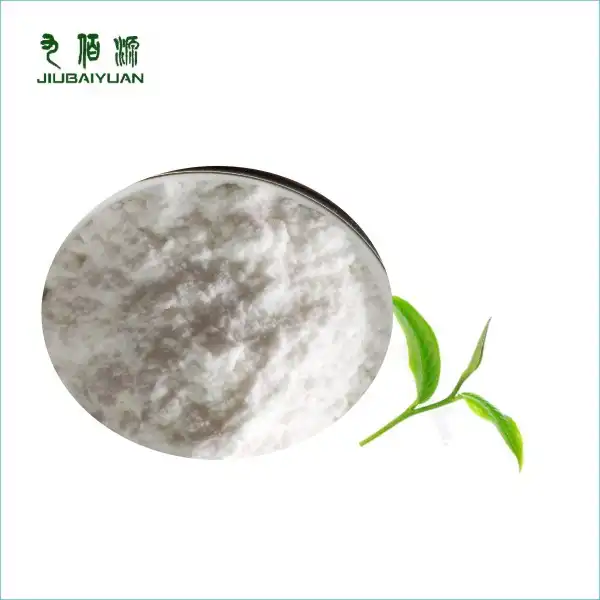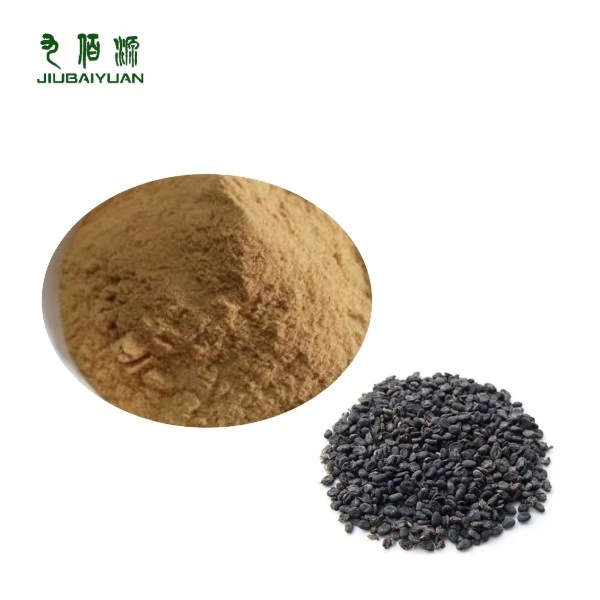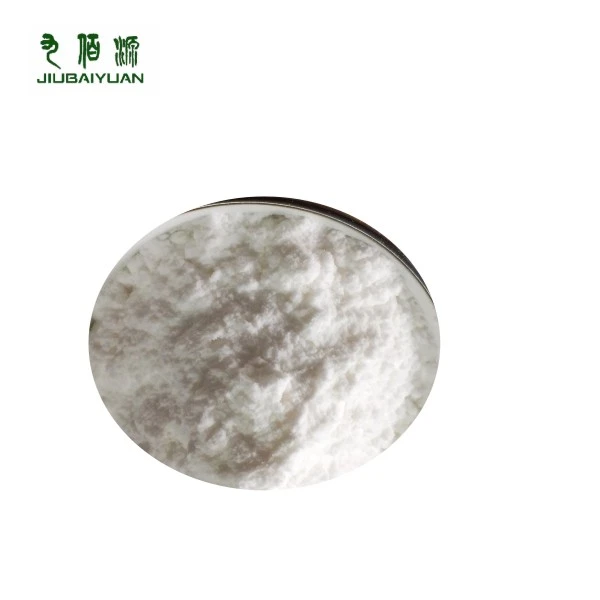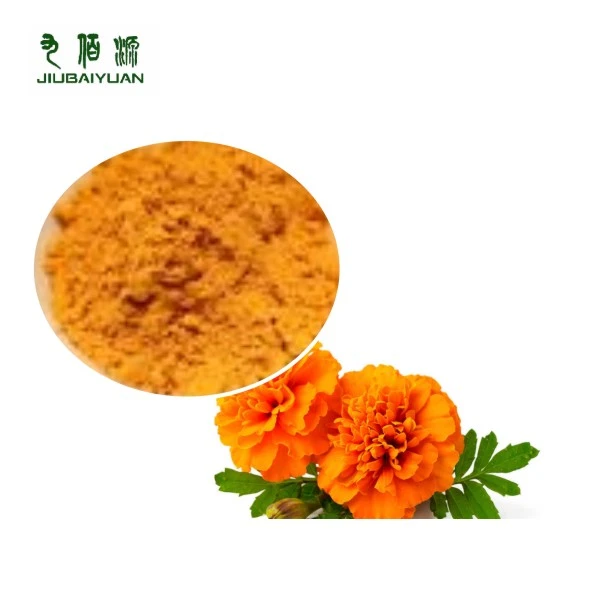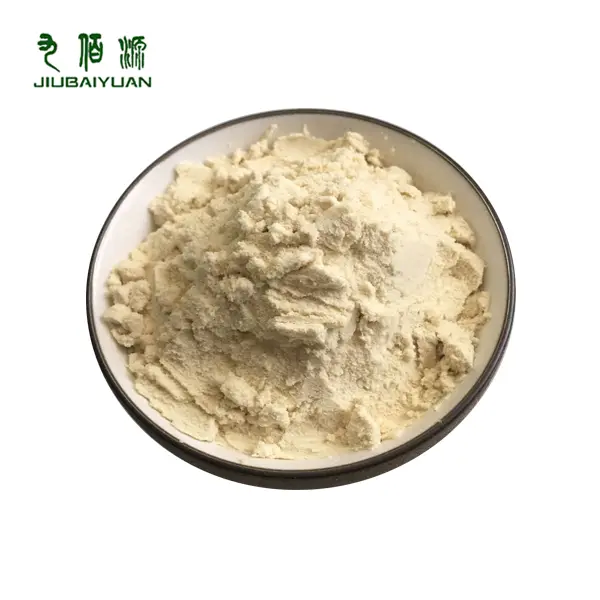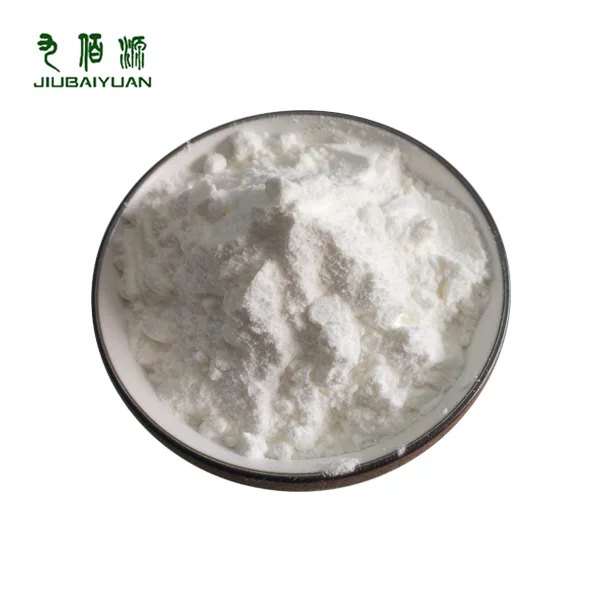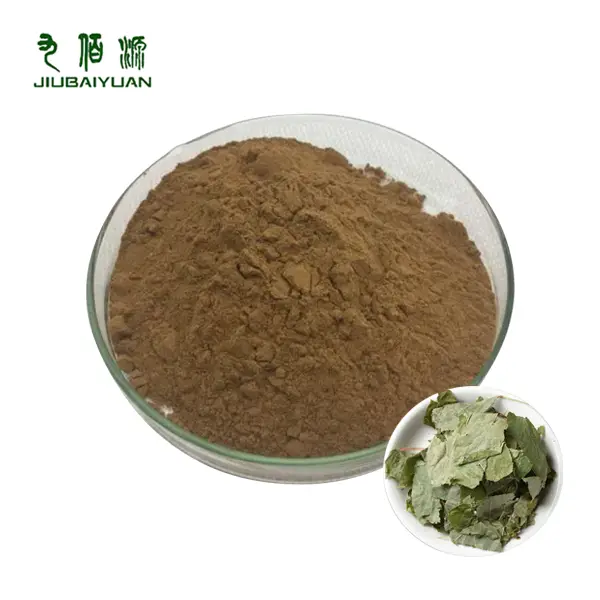Why Apple Cider Vinegar Powder Is a Health Boost?
Apple cider vinegar (ACV) has been a staple in natural health circles for centuries. Its liquid form has been used for everything from cleaning to cooking to medicinal purposes. Now, there's a new player in town: apple cider vinegar powder. This concentrated form of ACV is gaining popularity for its convenience and potential health benefits. Let's dive into why apple cider vinegar powder might be the health boost you've been looking for.
Top 5 Health Benefits of Apple Cider Vinegar Powder
Apple cider vinegar powder packs a powerful punch when it comes to potential health benefits. Here are five ways it might enhance your wellbeing:
Blood Sugar Management
One of the most promising benefits of apple cider vinegar powder is its potential to help manage blood sugar levels. Studies have shown that consuming ACV with meals can reduce the glycemic response, which is particularly beneficial for individuals with diabetes or those at risk of developing the condition. The acetic acid in ACV may improve insulin sensitivity, allowing cells to absorb glucose more efficiently.
Weight Management Support

While not a magic solution for weight loss, apple cider vinegar powder may aid in weight management efforts. It's been suggested that ACV can increase feelings of fullness, potentially leading to reduced calorie intake. Additionally, some research indicates that acetic acid may help prevent fat accumulation and improve metabolism.
Digestive Health
Apple cider vinegar powder could be a boon for your gut health. It's believed to have prebiotic properties, which means it can feed the beneficial bacteria in your gut. A healthy gut microbiome is crucial for overall health, impacting everything from digestion to immune function. ACV may also help alleviate symptoms of indigestion and reduce bloating.
Heart Health
Some studies suggest that apple cider vinegar may contribute to heart health by helping to lower cholesterol levels and reduce blood pressure. While more research is needed, these potential cardiovascular benefits make ACV powder an intriguing addition to a heart-healthy lifestyle.
Antioxidant Properties
Apple cider vinegar powder contains polyphenols, which are powerful antioxidants. These compounds help protect your body against oxidative stress and may reduce the risk of chronic diseases. The antioxidant properties of ACV could contribute to overall health and longevity.
How to Use Apple Cider Vinegar Powder for Weight Loss?
While apple cider vinegar powder isn't a miracle weight loss solution, it can be a helpful addition to a balanced diet and exercise regimen. Here are some ways to incorporate ACV powder into your weight loss journey:
Morning Detox Drink
Start your day with a metabolism-boosting drink. Mix 1 teaspoon of apple cider vinegar powder with warm water and a squeeze of lemon. This concoction may help kickstart your digestion and provide a refreshing start to your day.
Pre-Meal Supplement
Take 1/2 to 1 teaspoon of ACV powder mixed with water about 15-30 minutes before meals. This may help increase feelings of fullness and potentially reduce overall calorie intake.
Salad Dressing Enhancer
Add a pinch of ACV powder to your homemade salad dressings. Not only does it add a tangy flavor, but it may also help slow the absorption of carbohydrates from your meal.
Smoothie Booster
Incorporate a small amount of ACV powder into your morning smoothie. It pairs well with green smoothies and can add a zesty kick to fruit-based blends.
Post-Workout Drink
Mix ACV powder with water and a touch of honey for a post-workout drink. This may help replenish electrolytes and support muscle recovery.
Apple Cider Vinegar Powder vs. Liquid: Which Is Better?
When it comes to choosing between apple cider vinegar powder and liquid, both forms have their merits. Let's compare them to help you decide which might be better for your needs:
Convenience
Apple cider vinegar powder takes the lead in terms of convenience. It's easier to transport, doesn't require refrigeration, and can be easily added to foods and beverages without altering their texture significantly. Liquid ACV, while still convenient, can be messy and may require more careful handling.
Taste
Liquid ACV has a strong, distinctive taste that some find unpleasant. Apple cider vinegar powder, on the other hand, has a milder flavor profile. This makes it easier to incorporate into various recipes without overpowering other flavors.
Potency
Liquid ACV is typically more potent than its powdered counterpart. The fermentation process used to create liquid ACV results in the formation of beneficial compounds like the "mother," which contains probiotics and enzymes. However, high-quality ACV powders can retain many of these beneficial components through careful processing methods.
Versatility
Both forms of ACV are versatile, but in different ways. Liquid ACV can be used for cooking, cleaning, and as a beauty product. Apple cider vinegar powder shines in its ability to be easily added to supplements, smoothies, and dry mixes without changing their consistency.
Shelf Life
Apple cider vinegar powder generally has a longer shelf life than liquid ACV. This makes it an excellent option for those who don't use ACV frequently or want to stock up without worrying about spoilage.
Dosage Control
It's often easier to control the dosage with ACV powder, as it can be precisely measured. With liquid ACV, it's more challenging to get exact measurements, especially when adding it to recipes.
Conclusion
Apple cider vinegar powder is a versatile and convenient way to potentially boost your health. From supporting blood sugar management to aiding in weight loss efforts, its benefits are wide-ranging. While more research is needed to fully understand its impact, incorporating ACV powder into your daily routine may be a simple way to support your overall wellbeing.
If you're interested in exploring the benefits of apple cider vinegar powder or other plant-based extracts, don't hesitate to reach out to us at Xi'an Jiubaiyuan Biotechnology Co., Ltd. We specialize in high-quality plant extracts and can provide more information on how these natural products might benefit your health and wellness journey. Contact us at emily@jiubaiyuanbiotech.com for more information.

References
1. Johnston, C. S., & Gaas, C. A. (2006). Vinegar: Medicinal uses and antiglycemic effect. Medscape General Medicine, 8(2), 61.
2. Kondo, T., Kishi, M., Fushimi, T., Ugajin, S., & Kaga, T. (2009). Vinegar intake reduces body weight, body fat mass, and serum triglyceride levels in obese Japanese subjects. Bioscience, Biotechnology, and Biochemistry, 73(8), 1837-1843.
3. Beheshti, Z., Chan, Y. H., Nia, H. S., Hajihosseini, F., Nazari, R., Shaabani, M., & Omran, M. T. S. (2012). Influence of apple cider vinegar on blood lipids. Life Science Journal, 9(4), 2431-2440.
4. Mitrou, P., Petsiou, E., Papakonstantinou, E., Maratou, E., Lambadiari, V., Dimitriadis, P., ... & Dimitriadis, G. (2015). Vinegar consumption increases insulin-stimulated glucose uptake by the forearm muscle in humans with type 2 diabetes. Journal of Diabetes Research, 2015.
5. Yagnik, D., Serafin, V., & J Shah, A. (2018). Antimicrobial activity of apple cider vinegar against Escherichia coli, Staphylococcus aureus and Candida albicans; downregulating cytokine and microbial protein expression. Scientific Reports, 8(1), 1-12.
